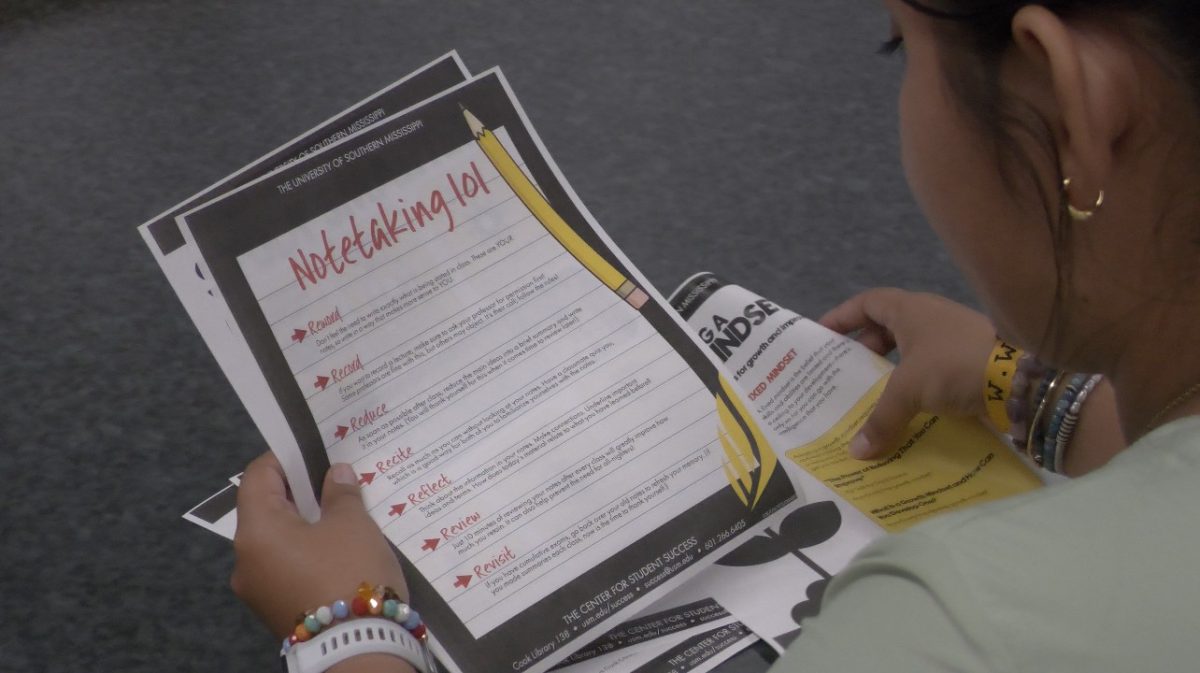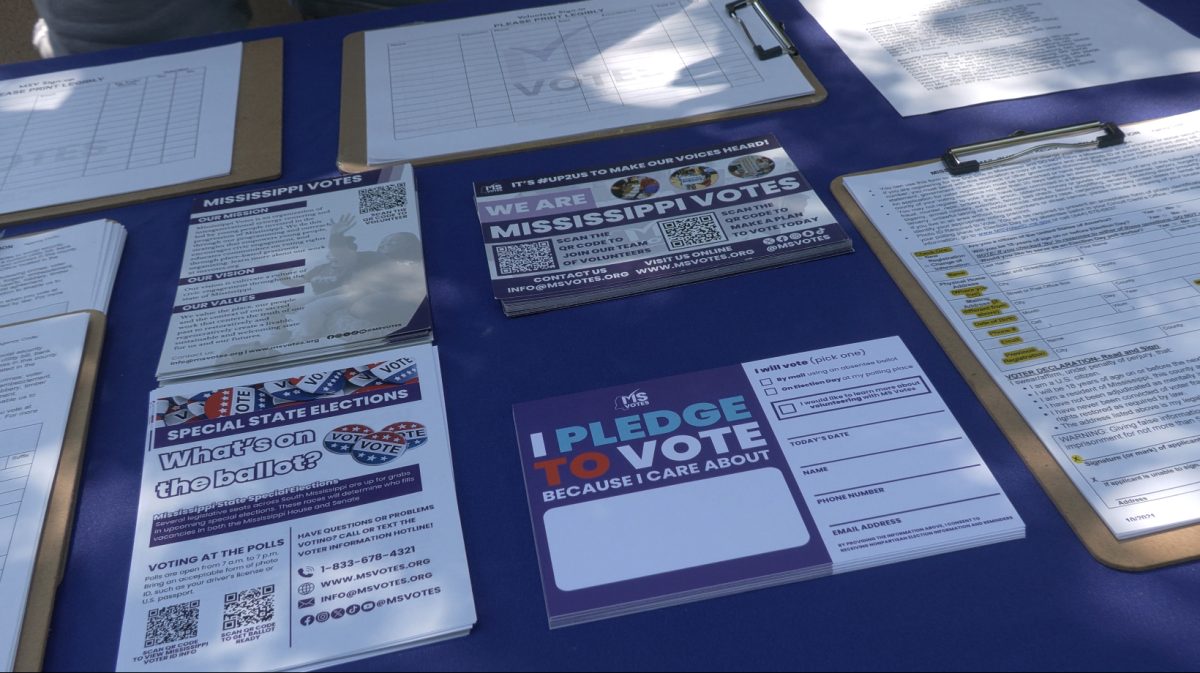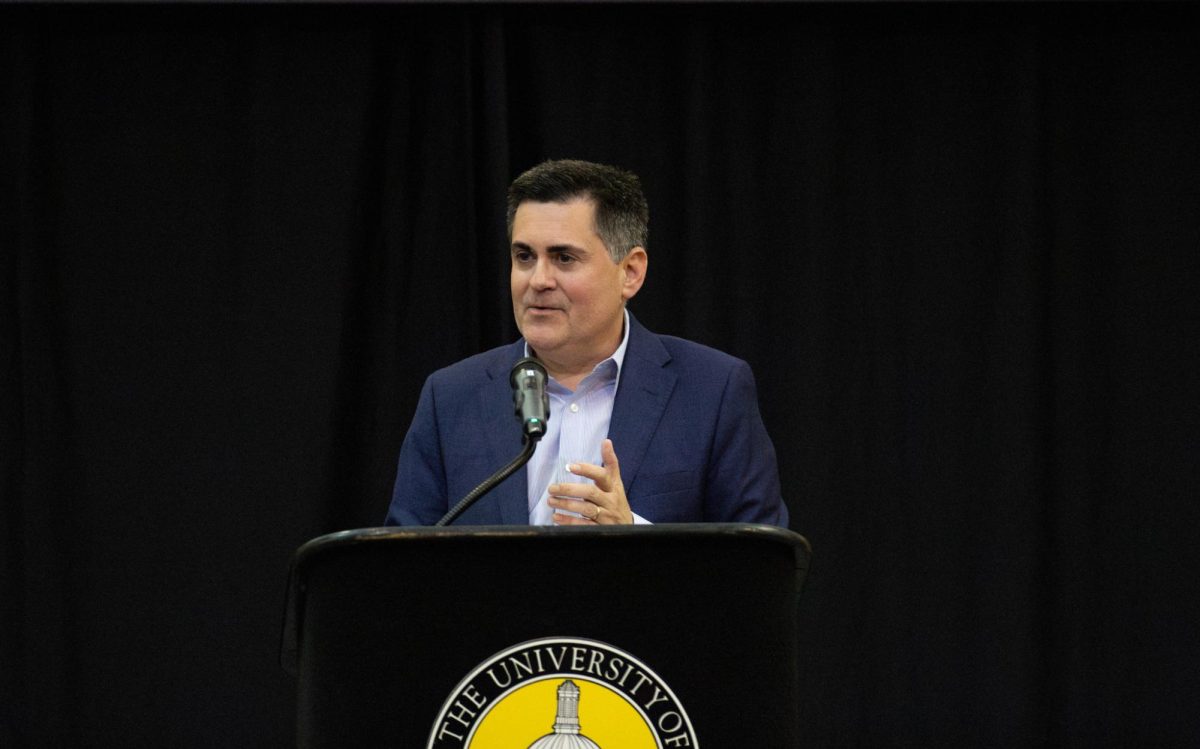The University of Southern Mississippi offers a community to help students battling addiction whether it be narcotics, alcohol or eating disorders and offers help for recovery.
The Collegiate Recovery Community, (CRC), provides a nurturing, affirming environment in which individuals recovering from addictive disorders can find peer and staff support while attaining a college education.
The community requires its students to have completed at least three semesters’ worth of hours, been in remission from addiction for six months, have documentation of completing a treatment program or been involved in a support group and a few other requirements.
The program was brought to Mississippi by Eileene Mcrae, the outreach coordinator at Cumberland Heights Alcohol and Drug Treatment Center. She met with several of the universities and colleges in Mississippi to introduce the idea. Now, several of the schools in Mississippi and surrounding states are participating.
The CRC offers students a place to go when they are feeling overwhelmed and are tempted to resort back to their addiction. Many of the students involved are non-traditional students who have come back to school after working toward recovery for at least six months.
“We want to let them know it’s an anonymous program,” said Jodi Ryder, health education promotion and wellness coordinator for Student Health Services.
“CRC is a place for (students) to know ‘hey I’m not the only one,’” she said.
Recently, the students involved in the program have participated in conferences and fellowship with students in similar programs at other universities. During tailgating for Southern Miss games against Mississippi State and the University of Alabama, the Collegiate Recovery Communities from those respective universities invited the Southern Miss students to come enjoy sober tailgating with them.
Charles Osborne, a graduate student in social work, is a recovering addict who spends much of his time advocating for the CRC and other addiction recovery programs in the Hattiesburg area.
“When we are given the opportunity to succeed, we can do great things,” Osborne said. “This organization is going to cater to the needs specifically to those in recovery who have that need and that drive to do great things.”
Osborne is also involved in Southern Students About Service, a student organization under the CRC. The group is for the students to help support one another in their goals toward recovery.
“My main message is that if someone needs any kind of help, whatever addictive behavior they are battling with, there is an easier, softer way and there are people out there willing to help those people coping with those addictive behaviors,” Osborne said.
The Collegiate Recovery Community currently offers a 12-step program for narcotic addicts and hopes to expand to offer programs for alcoholics and those battling eating disorders. It also offers service opportunities, personal and academic support and other outlets to help its students towards a successful recovery.
“That’s our goal,” Ryder said, “to help students be successful in college and (end) their addiction.”
Interested students can visit Student Health Services, contact Jodi Ryder at [email protected] or Charles Osborne at [email protected].































